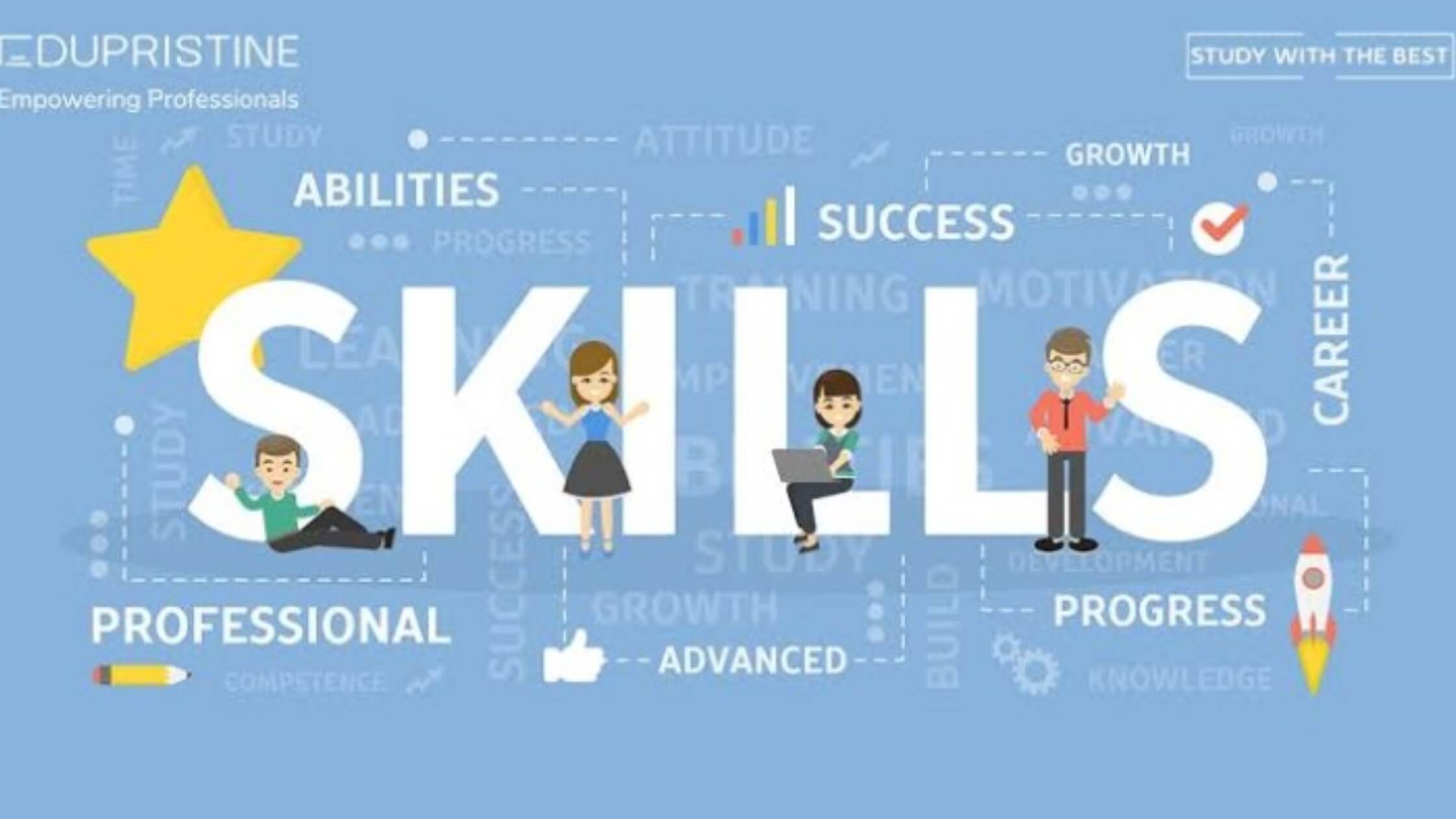Reactions have continued to surface online regarding the recently released results of the ongoing Unified Tertiary Matriculations Examination (UTME) conducted by the Joint Admissions and Matriculation Board (JAMB). This is one of the many factors affecting the development of Nigeria’s capacity development, labour market and the country’s GDP.
The low results of the UTME examinations means there will be a break in the labour cycle. The recurring cycle begins from secondary school to university, to graduate internships, to full-time employment and the lack of students gaining admissions means that there will be less graduates coming out of university into NYSC Camps who usually get filtered into Graduate Employment Schemes and internships. Though the market is already high-populated with unemployed graduates, this is another stumbling block that has halted the development of the future leaders of tomorrow.
This is a win-lose outcome for the future of Work in Nigeria.; let me break this down further.
This set back will greatly impact the incoming Generation Z and force them to either resit the exam or develop an informal skill as a mean of survival. However, it will also reopen the doors of career opportunity for the late bloomers of Generation X who were overshadowed by their colleagues at their time of entry into the Labour Market. The lack of graduates this year means that the KPI’s of several organisations with graduate schemes will not achieve their quota and as a result, they will have to improvise by revisiting their previous talent pool to find professionals with 1-3 years’ experience to fill that void. This means that the time is now for this specific target market to sharpen their specialism by adding digital transformation skills to their career portfolio, as well as developing their employability skills to fit into the corporate culture.
Looking at the results from a theoretical perspective, what does this say about the quality of education that students are receiving at the tertiary level?
There is obviously something missing; either it is the quality of the curriculum, the learning technique in terms of delivery, or the governance of the marking system. Whatever the case may be, there is an urgent need to review and re-design instructional curriculum learning materials and get them regulated by an international external body to ensure that 21st-century methodologies are infused with content that will be applicable today and for the future of work as we know it.
The future of the nation heavily relies on the children of today; so my question is, how can they lead if they are not equipped with the skills and knowledge that they will need not just to thrive, but to excel in an ever-evolving economy?
As a country, we also need to understand and accept that not everyone is built for the classroom. Some people are practical learners. We need to stop focusing heavily on someone’s theoretical ability by judging their competencies based on their grades. There are some individuals who have excellent retentive memory skills, and as a result, they have the ability to cram for an exam. So though they may graduate with a 2:1or a 1st class, they may not necessarily be knowledgeable enough to implement what they have learned outside of the classroom and in the workplace.
So, what’s the solution?
- Education Diversity – Create more vocation and Skill Development Institutions that provide students with practical hands-on experience and grade them on those skills using regulated global practices. By doing this they can be certified in that craft, establish a business, and generate income.
- Formalise the Informal Sector – Instead of Theoretical to Practical, reverse the learning process by teaching them practically so that they have hands-on experience. then teach them theoretically. It will give them a better insight to understand what is being taught which can guarantee a higher pass rate at exams because they have can relatable experience for reference.
The future of Nigeria’s development and the restoration of the GDP is outside what we term as the formal sector. Products that can be exported is the lifeline that we have, so we need to capitalize on it by ensuring we have the infrastructure that supports the practical development of artisans, and those in the agriculture and manufacturing sector.
For example, we have quality leather in Sokoto, Northern Nigeria. The objective of any bilateral trade should be the manufacturing leather products in Nigeria to be exported to other countries. This will not only provide employment within the manufacturing industry but it will create a whole new operational infrastructure
If a practical trade is learnt by students at a young age, they will have more success quantifying that skill with formal globally-regulated training to produce sellable products of international standard that will be well received globally and bring stability back to the Nigerian Economy.
Let’s not oversaturate the market by recycling jobs, Let’s build channels of revenue that create them!



